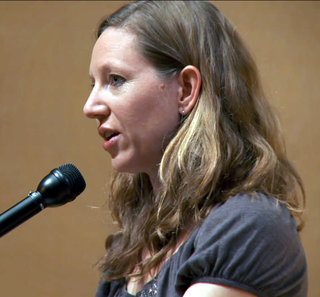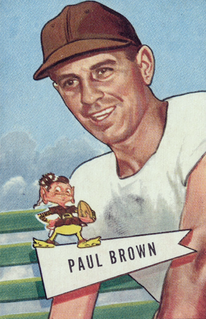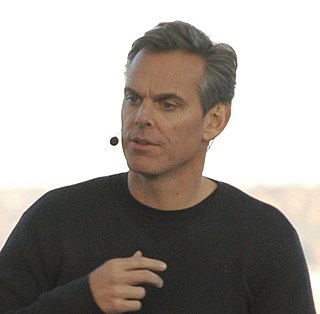A Quote by Leo Kottke
It depends on the time of the year and who I've been talking to, I try to put people in the studio I like.
Related Quotes
When I started out, Jay Leno used to say you're not as good as you think you can be until at least your sixth year. I was like, what the hell is he talking about? 'Cause I was in my third year, and I thought, 'I got this.' I kept videos of myself performing, and in my fifth year I watched my third year and realized he couldn't have been more right.
You can't play not to lose. You kind of have to put your ego aside and accept the fact that careers are long, and there's gonna be stuff people like and stuff that people don't like, and you try to get better every time, and always put something out that you're proud of. And let the chips fall where they may.
Who are we talking about? We're talking about the people that are trying to criminalize Donald Trump. We're talking about the people that are trying to impeach him. We're talking about people who are trying to via innuendo and leak and media assassination, we're dealing with people that are trying to destroy Donald Trump and his press secretary just signaled that they are serious about reaching out to these people to try to get certain things done, legislatively, like infrastructure or tax reform.
I hear actresses talking about this all the time - this idea that you sit in meetings and the studio says, "Well, you can't do that because the audience won't like that. They won't root for you. It's not sympathetic." I think that we've been served this one dish for so long that we believe that it's all that audiences want, but when we test them or throw something out there that has some truth to it, they seem to always respond.




































